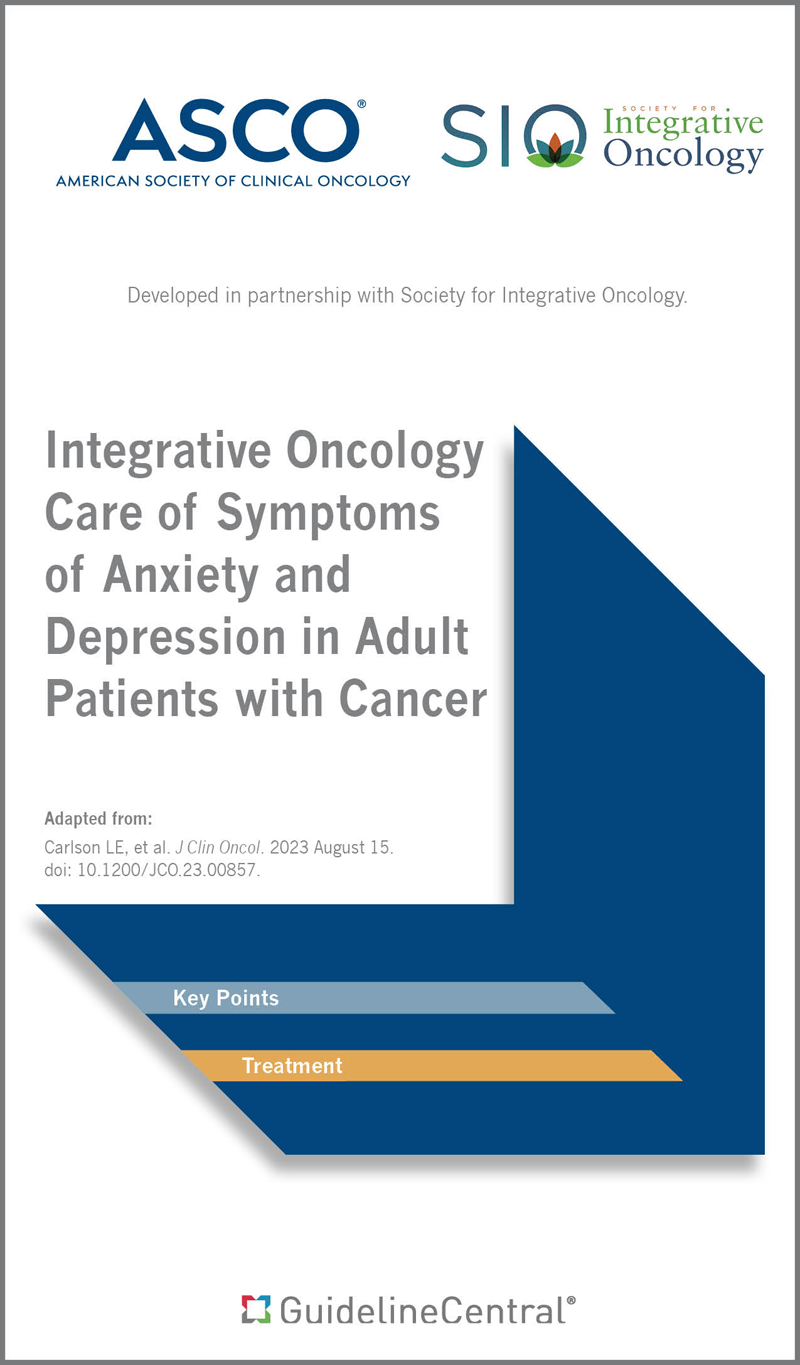Oncology
Displaying 1–48 of 113 results
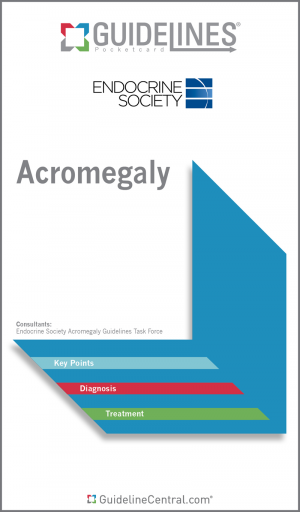
Acromegaly
Last Updated: Jan 29, 2015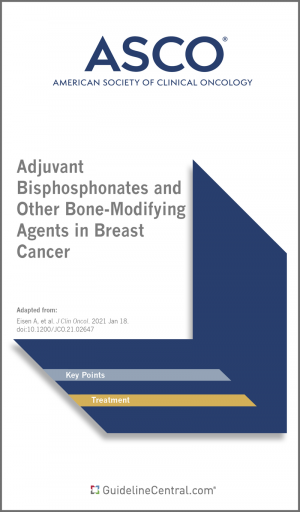
Adjuvant Bisphosphonates and Other Bone-Modifying Agents in Breast Cancer
Last Updated: Jan 16, 2022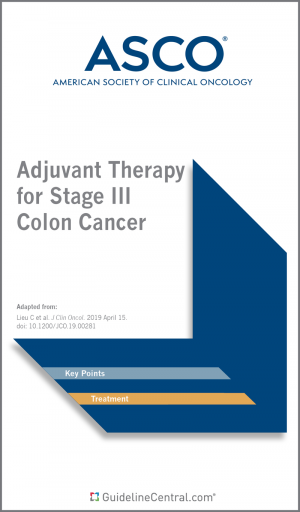
Adjuvant Therapy for Stage III Colon Cancer
Last Updated: Apr 14, 2019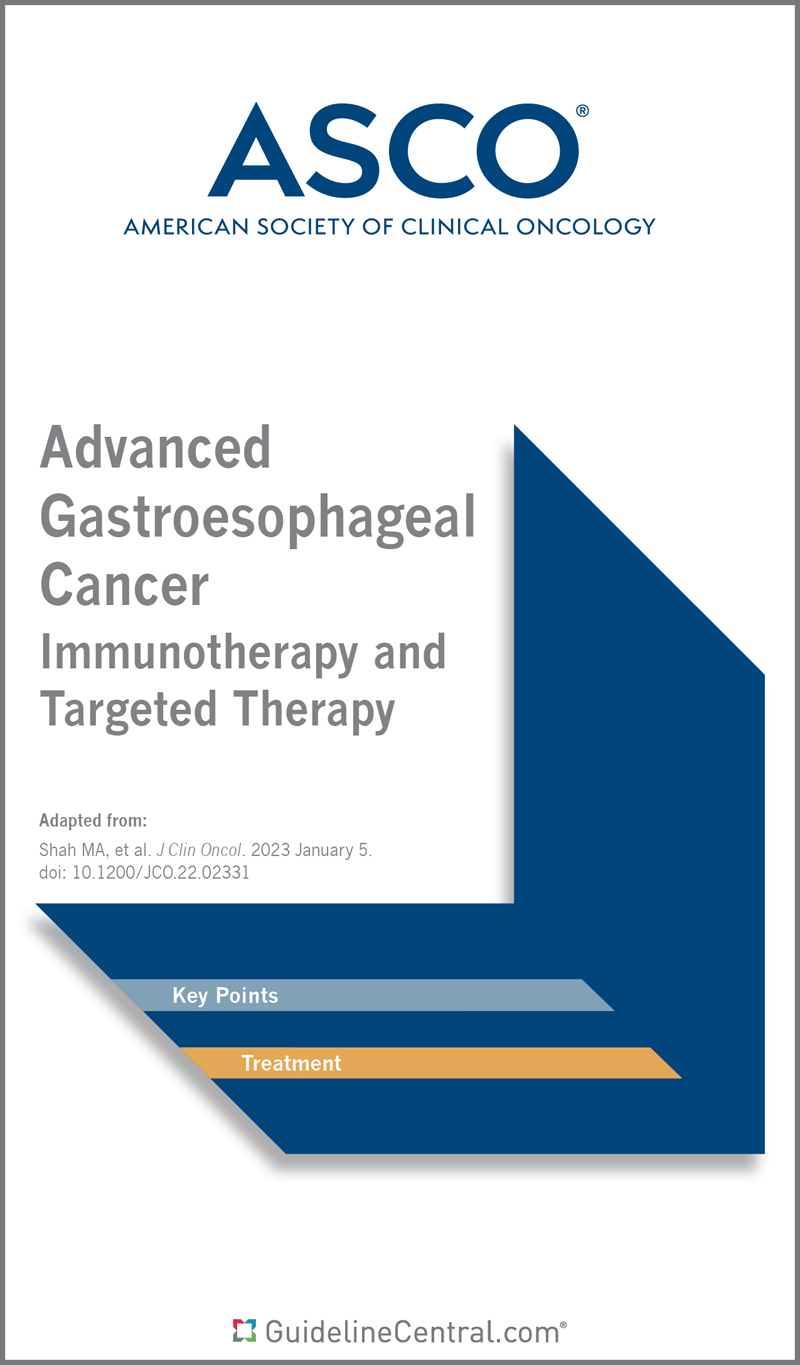
Advanced Gastroesophageal Cancer
Last Updated: Jan 5, 2023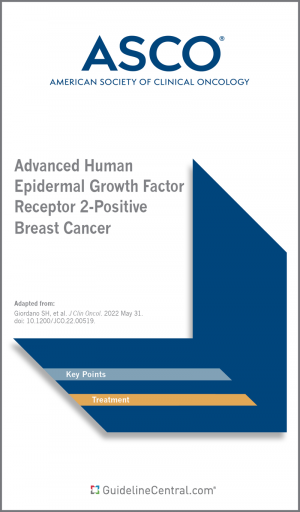
Advanced Human Epidermal Growth Factor Receptor 2-Positive Breast Cancer
Last Updated: May 31, 2022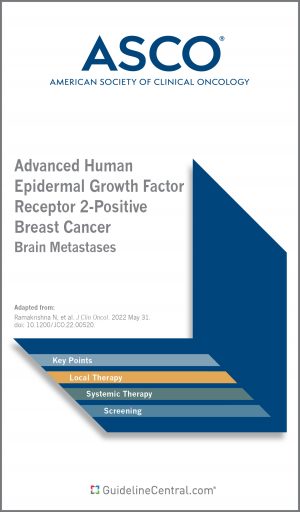
Advanced Human Epidermal Growth Factor Receptor 2-Positive Breast Cancer – Brain Metastases
Last Updated: May 30, 2022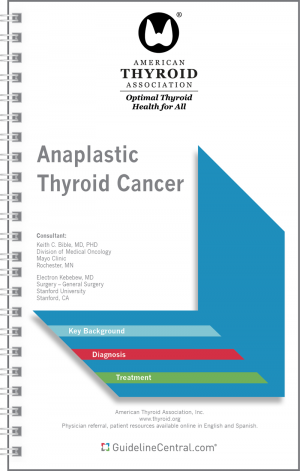
Anaplastic Thyroid Cancer
Last Updated: Mar 20, 2021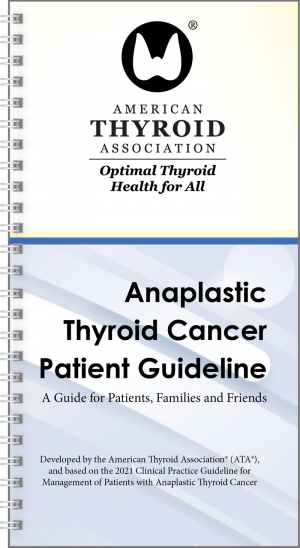
Anaplastic Thyroid Cancer Patient Guideline
Last Updated: Sep 8, 2021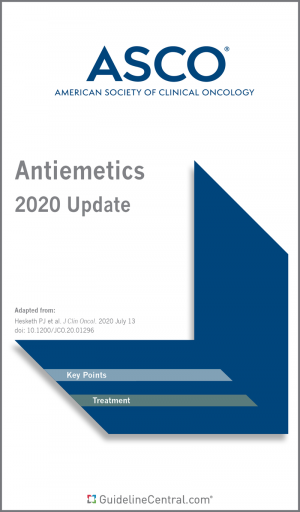
Antiemetics
Last Updated: Jul 13, 2020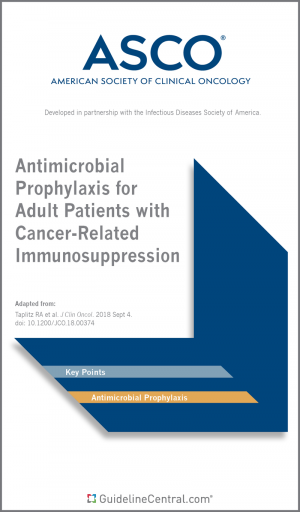
Antimicrobial Prophylaxis for Adult Patients With Cancer-Related Immunosuppression
Last Updated: Sep 3, 2018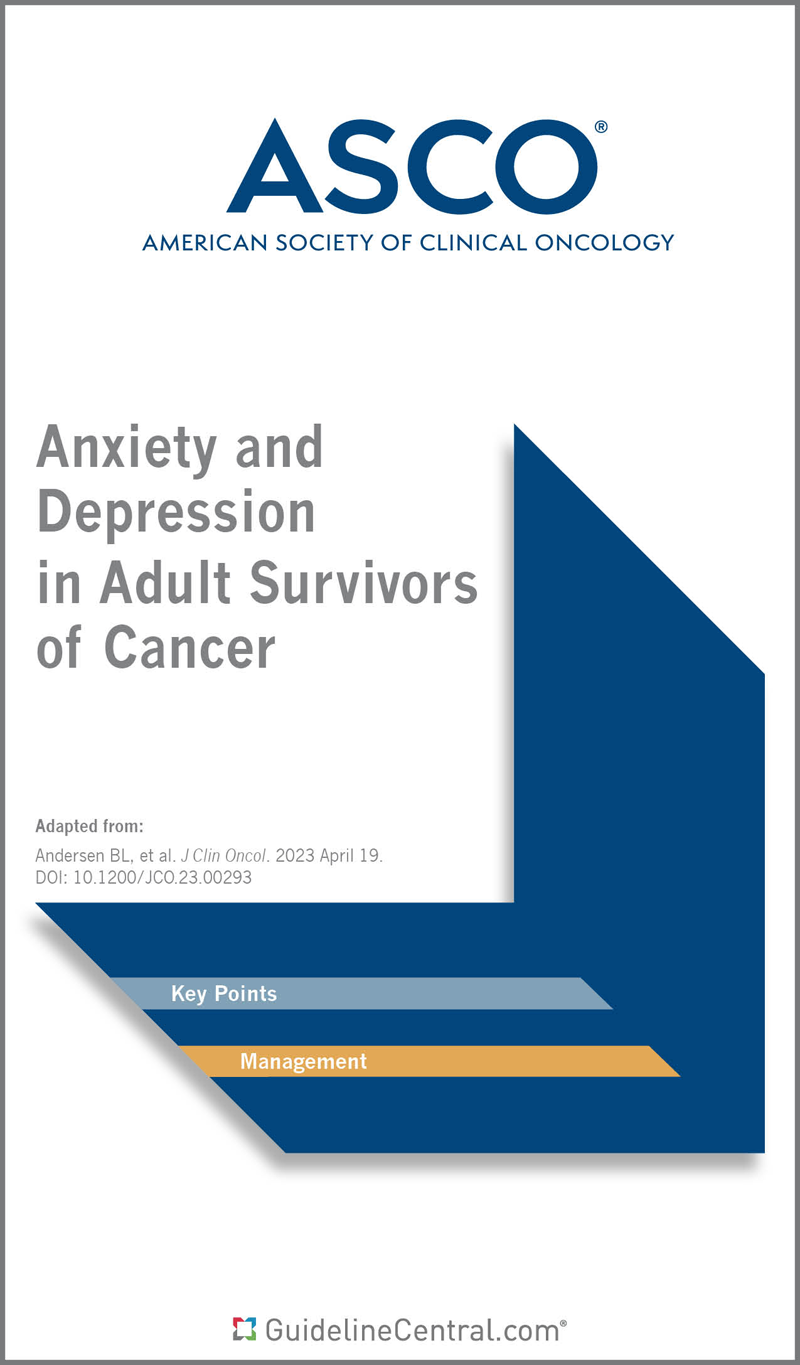
Anxiety and Depression in Adult Survivors of Cancer
Last Updated: Apr 19, 2023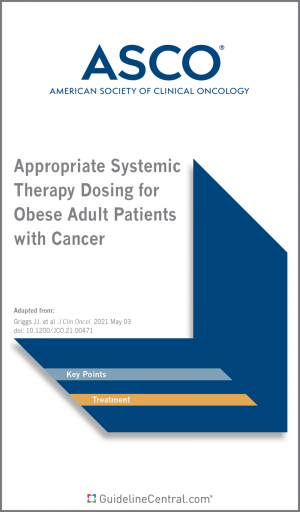
Appropriate Systemic Therapy Dosing for Obese Adult Patients with Cancer
Last Updated: May 3, 2021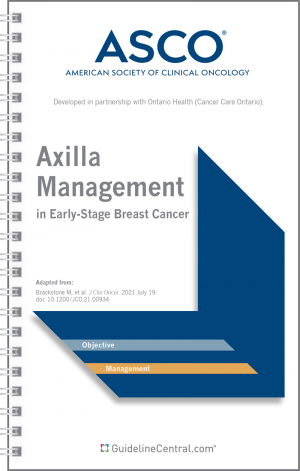
Axilla Management in Early-Stage Breast Cancer
Last Updated: Jul 19, 2021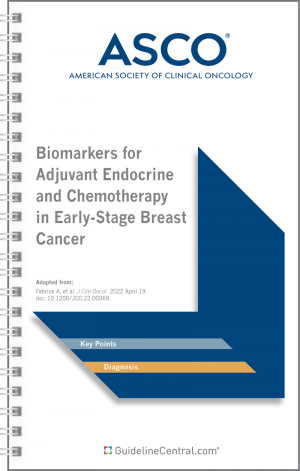
Biomarkers for Adjuvant Endocrine and Chemotherapy in Early-Stage Breast Cancer
Last Updated: Apr 18, 2022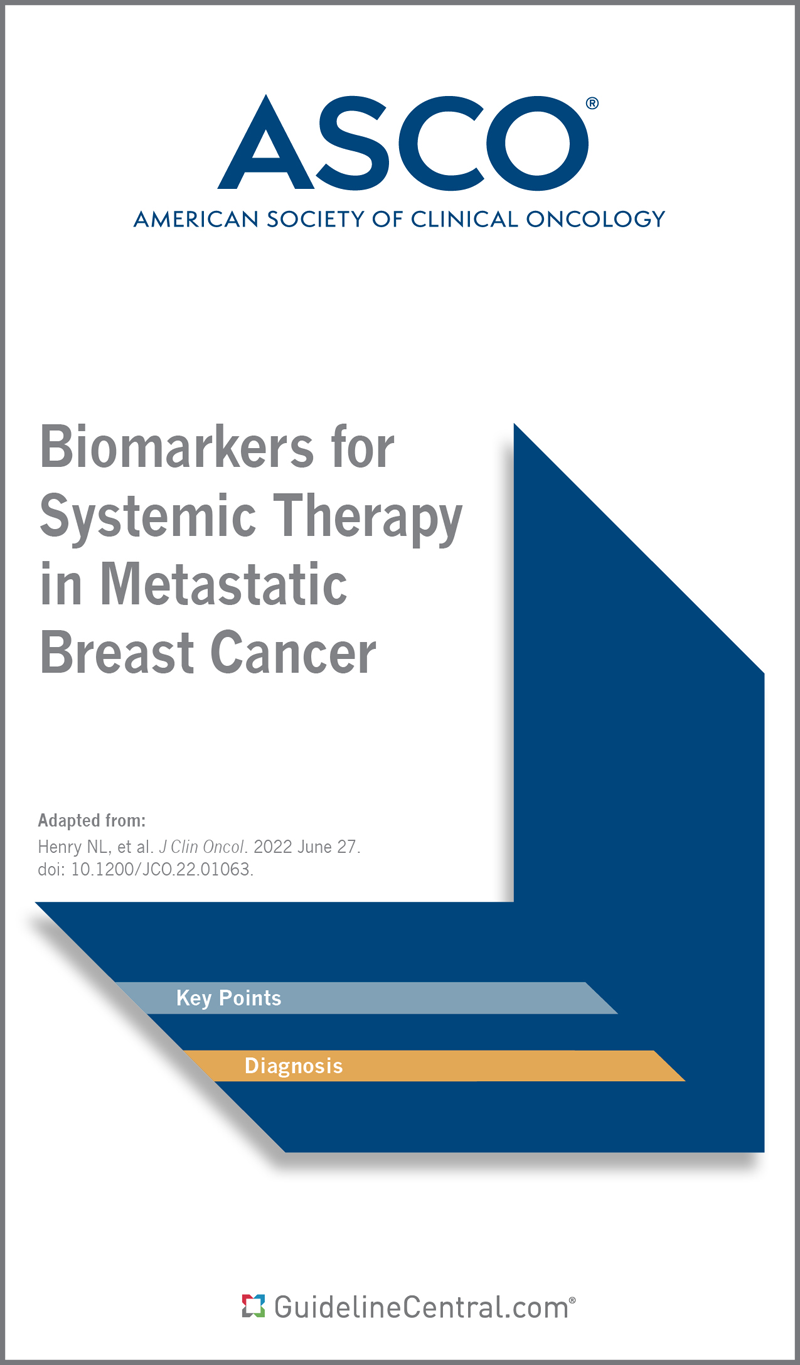
Biomarkers for Systemic Therapy in Metastatic Breast Cancer
Last Updated: May 22, 2023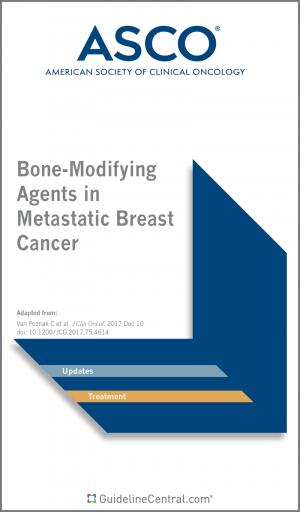
Bone-Modifying Agents in Metastatic Breast Cancer
Last Updated: Jan 25, 2018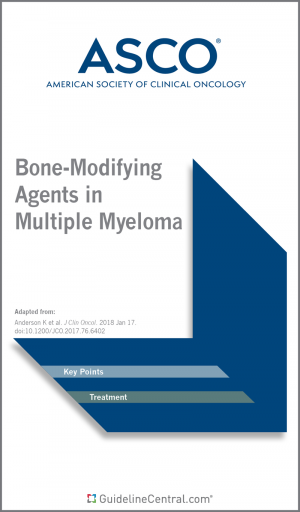
Bone-Modifying Agents in Multiple Myeloma
Last Updated: Jan 30, 2018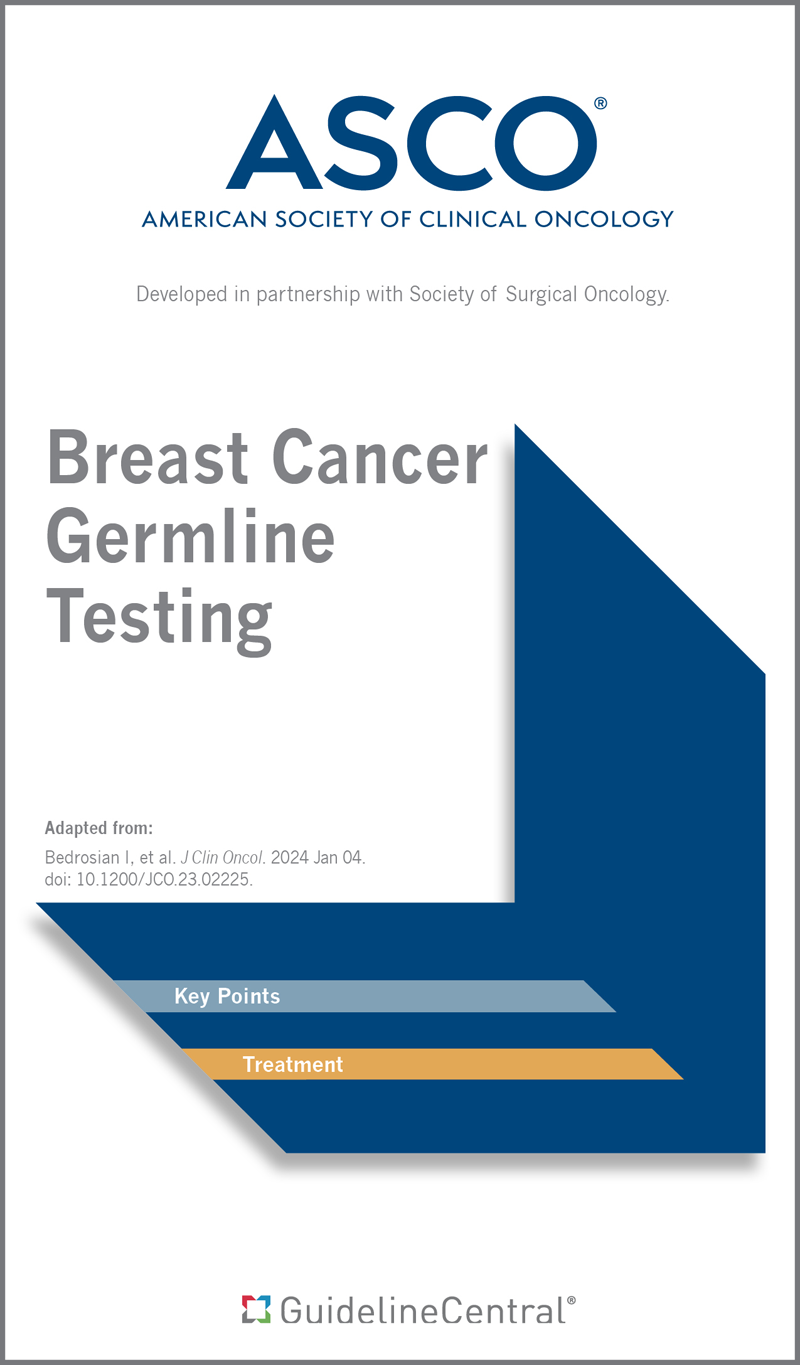
Breast Cancer Germline Testing
Last Updated: Jan 4, 2024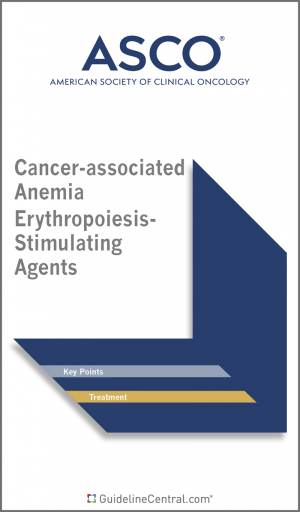
Cancer-Associated Anemia With Erythropoiesis-Stimulating Agents
Last Updated: Apr 9, 2019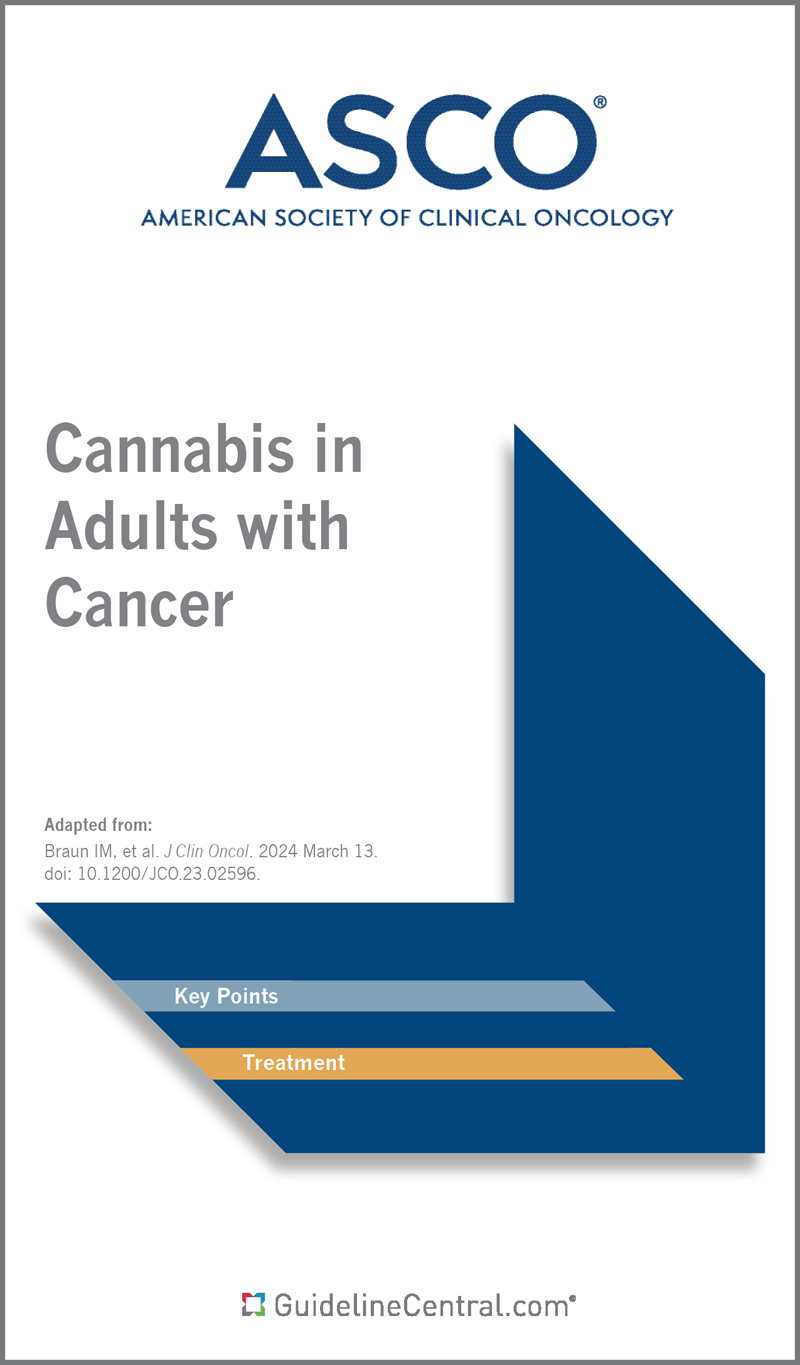
Cannabis in Adults with Cancer
Last Updated: Mar 13, 2024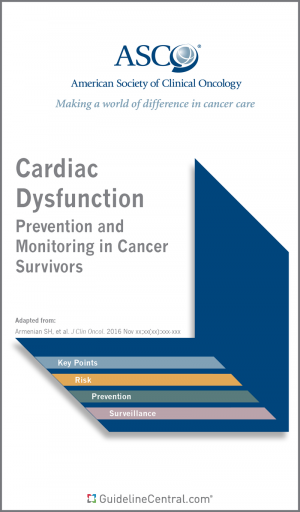
Cardiac Dysfunction - Prevention and Monitoring in Cancer Survivors
Last Updated: Jan 2, 2017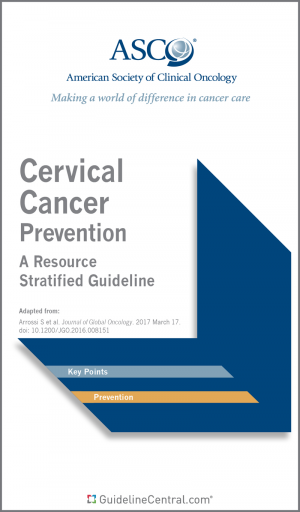
Cervical Cancer Prevention
Last Updated: Apr 5, 2017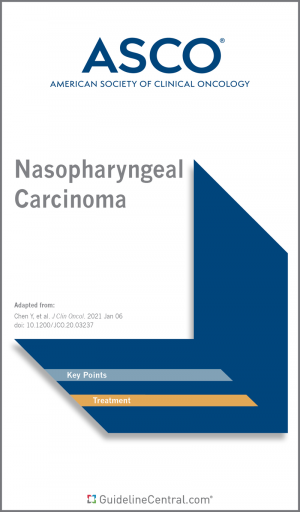
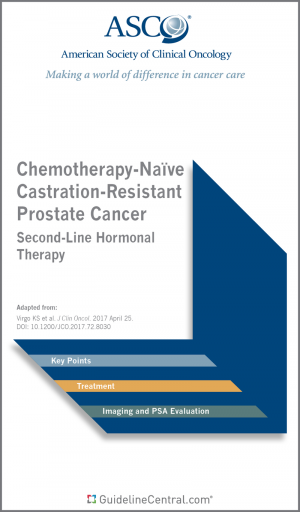
Chemotherapy-Naïve Castration-Resistant Prostate Cancer
Last Updated: May 4, 2017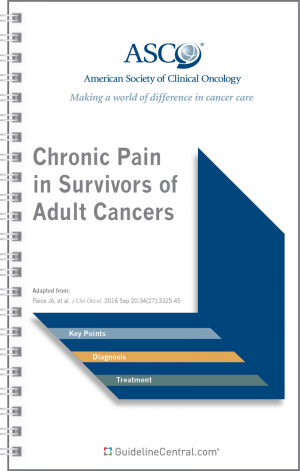
Chronic Pain in Survivors of Adult Cancers
Last Updated: Jan 2, 2017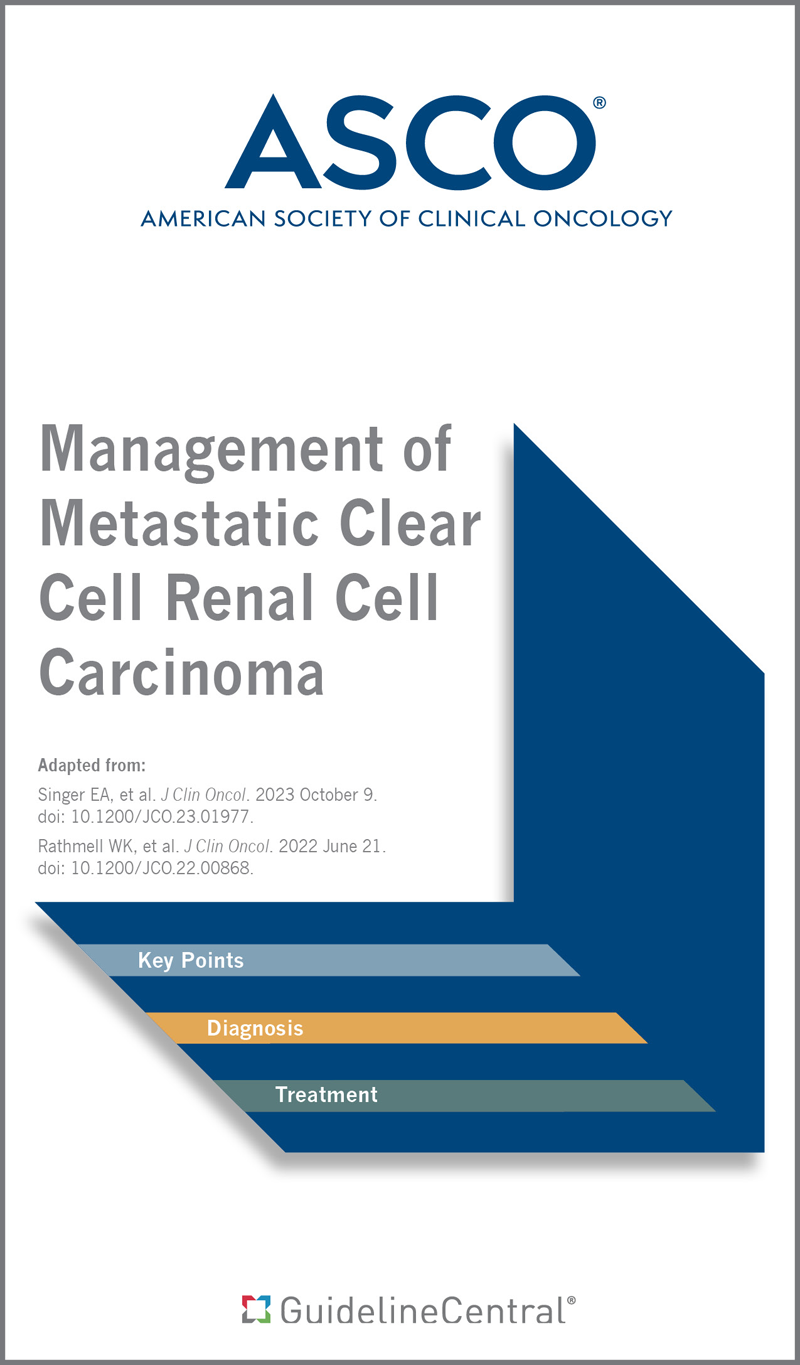
Clear Cell Renal Cell Carcinoma
Last Updated: Oct 9, 2023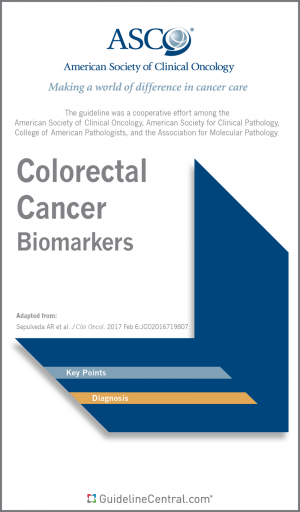
Colorectal Cancer Biomarkers
Last Updated: Mar 26, 2017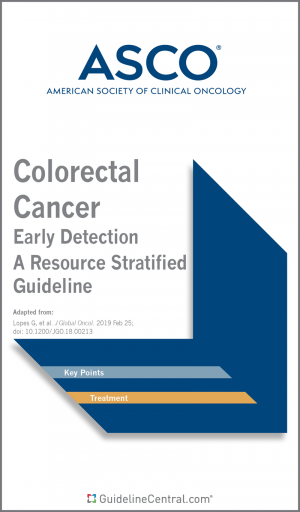
Colorectal Cancer Early Detection
Last Updated: Feb 24, 2019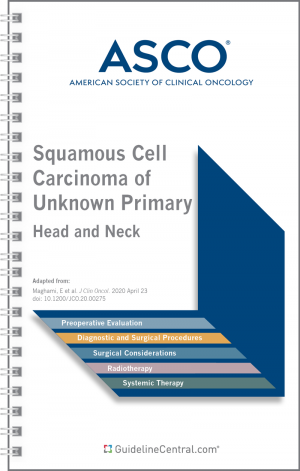
Diagnosis and Management of Squamous Cell Carcinoma of Unknown Primary in the Head and Neck
Last Updated: May 20, 2020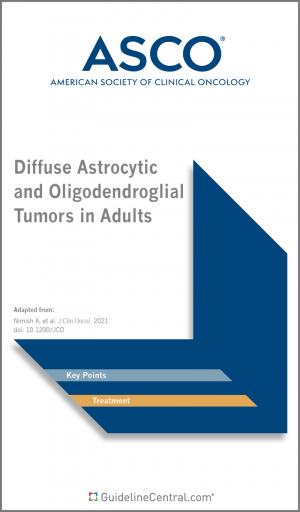
Diffuse Astrocytic and Oligodendroglial Tumors in Adults
Last Updated: Dec 13, 2021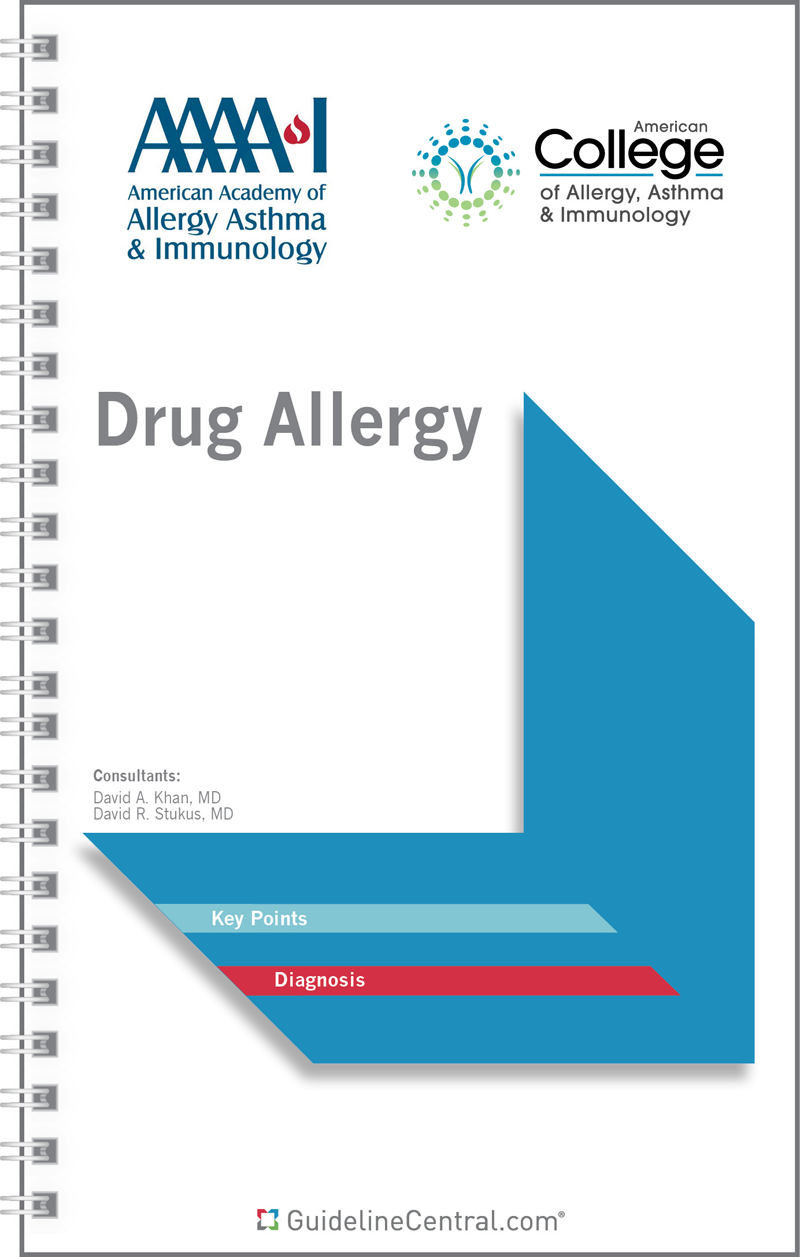
Drug Allergy
Last Updated: Feb 15, 2023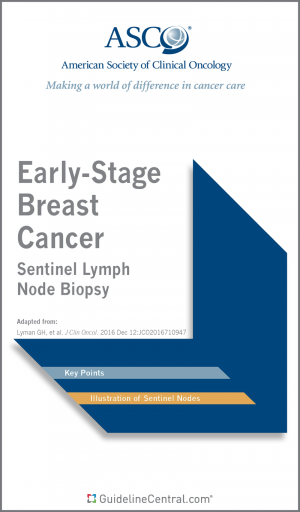
Early-Stage Breast Cancer
Last Updated: Jan 26, 2017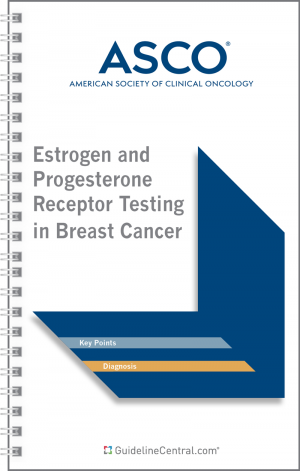
Estrogen and Progesterone Receptor Testing in Breast Cancer
Last Updated: Jan 13, 2020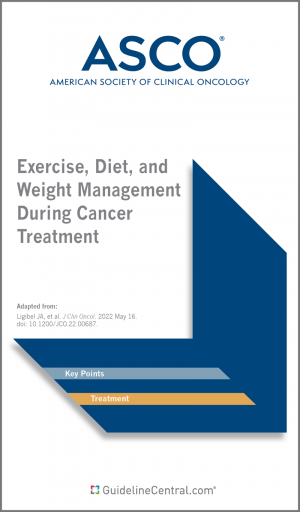
Exercise, Diet, and Weight Management During Cancer Treatment
Last Updated: May 16, 2022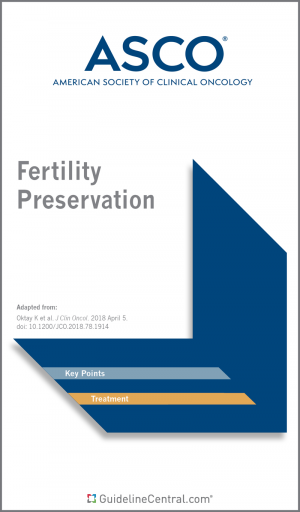
Fertility Preservation
Last Updated: Mar 22, 2018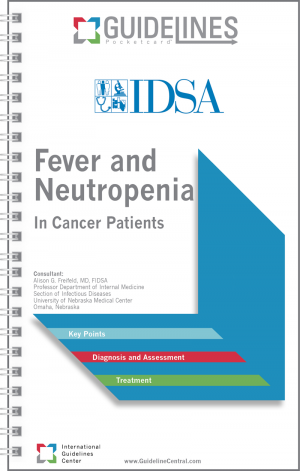
Fever and Neutropenia in Cancer Patients
Last Updated: Jan 5, 2015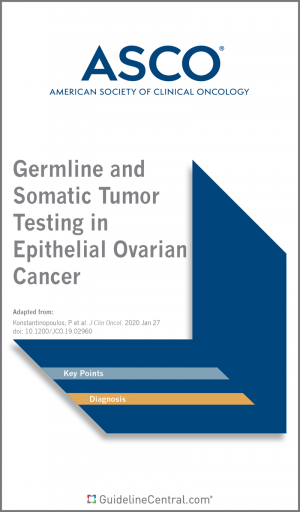
Germline and Somatic Tumor Testing in Epithelial Ovarian Cancer
Last Updated: Jan 26, 2020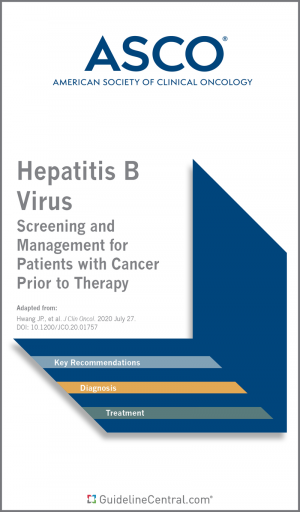
Hepatitis B Virus Screening and Management for Patients with Cancer Prior to Therapy
Last Updated: Nov 1, 2021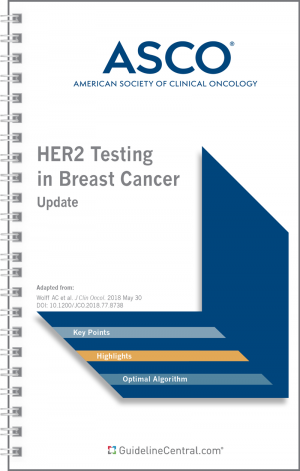
HER2 Testing in Breast Cancer
Last Updated: Jun 6, 2023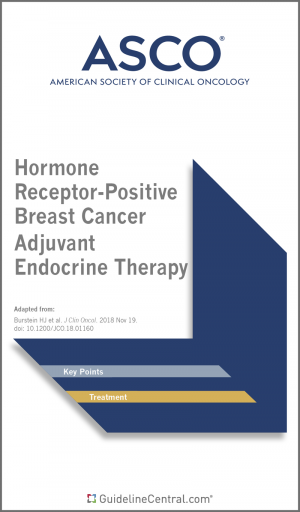
Hormone Receptor–Positive Breast Cancer Adjuvant Endocrine Therapy
Last Updated: Dec 9, 2018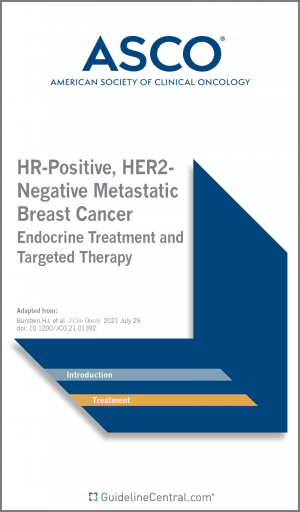
HR-Positive, HER2-Negative Metastatic Breast Cancer
Last Updated: May 22, 2023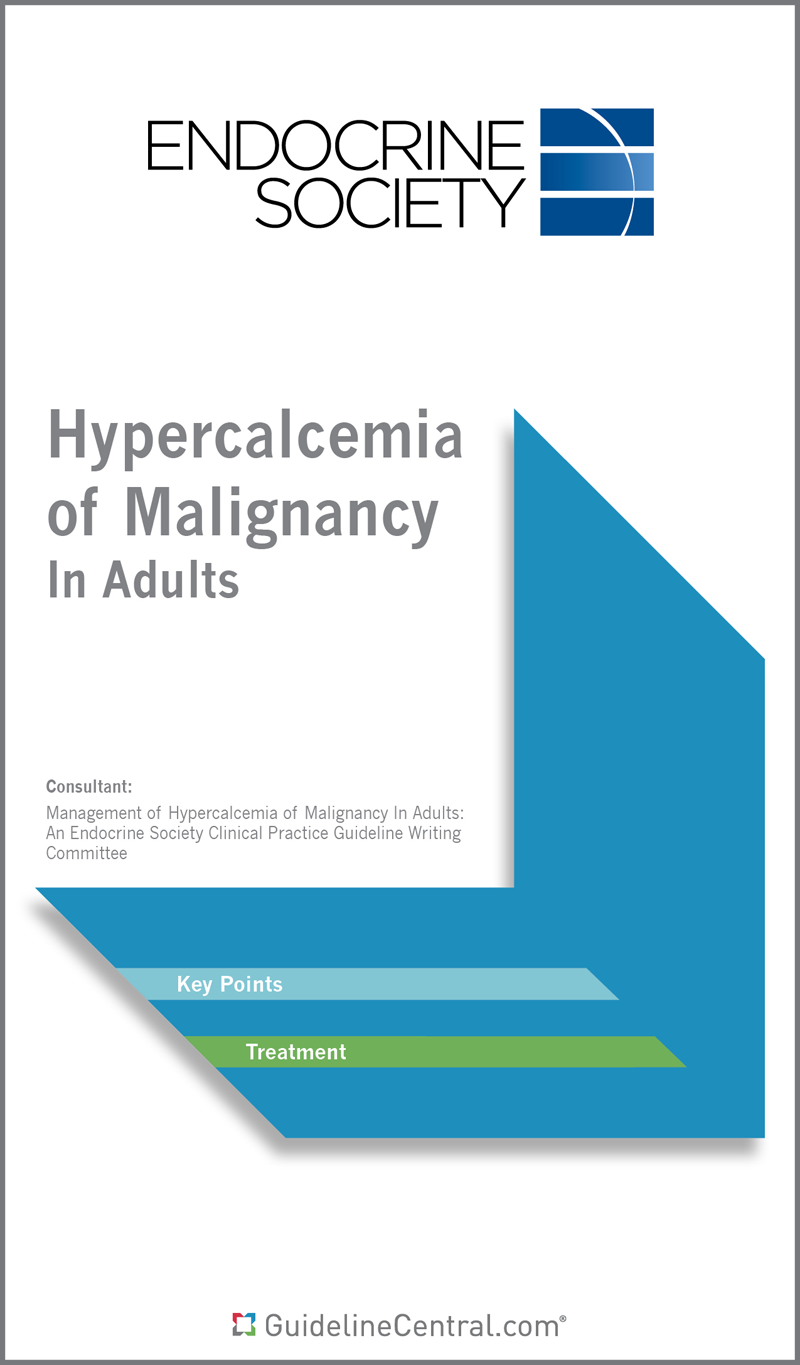
Hypercalcemia of Malignancy in Adults
Last Updated: Dec 21, 2022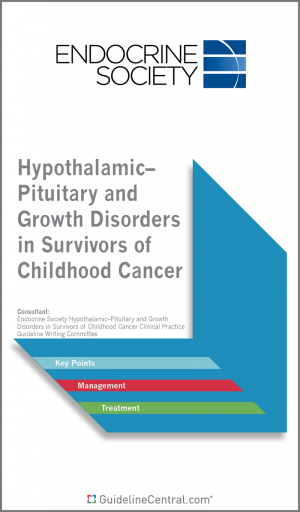
Hypothalamic–Pituitary and Growth Disorders in Survivors of Childhood Cancer
Last Updated: Aug 14, 2018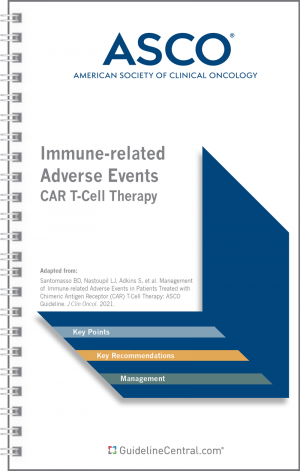
Immune-related Adverse Events — CAR T-Cell Therapy
Last Updated: Nov 1, 2021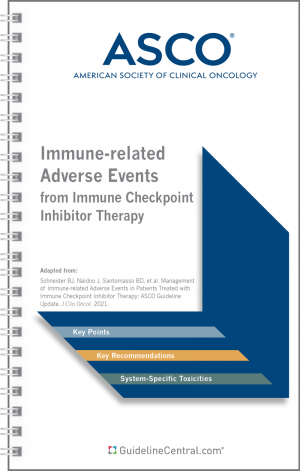
Immune-related Adverse Events from Immune Checkpoint Inhibitor Therapy
Last Updated: Nov 1, 2021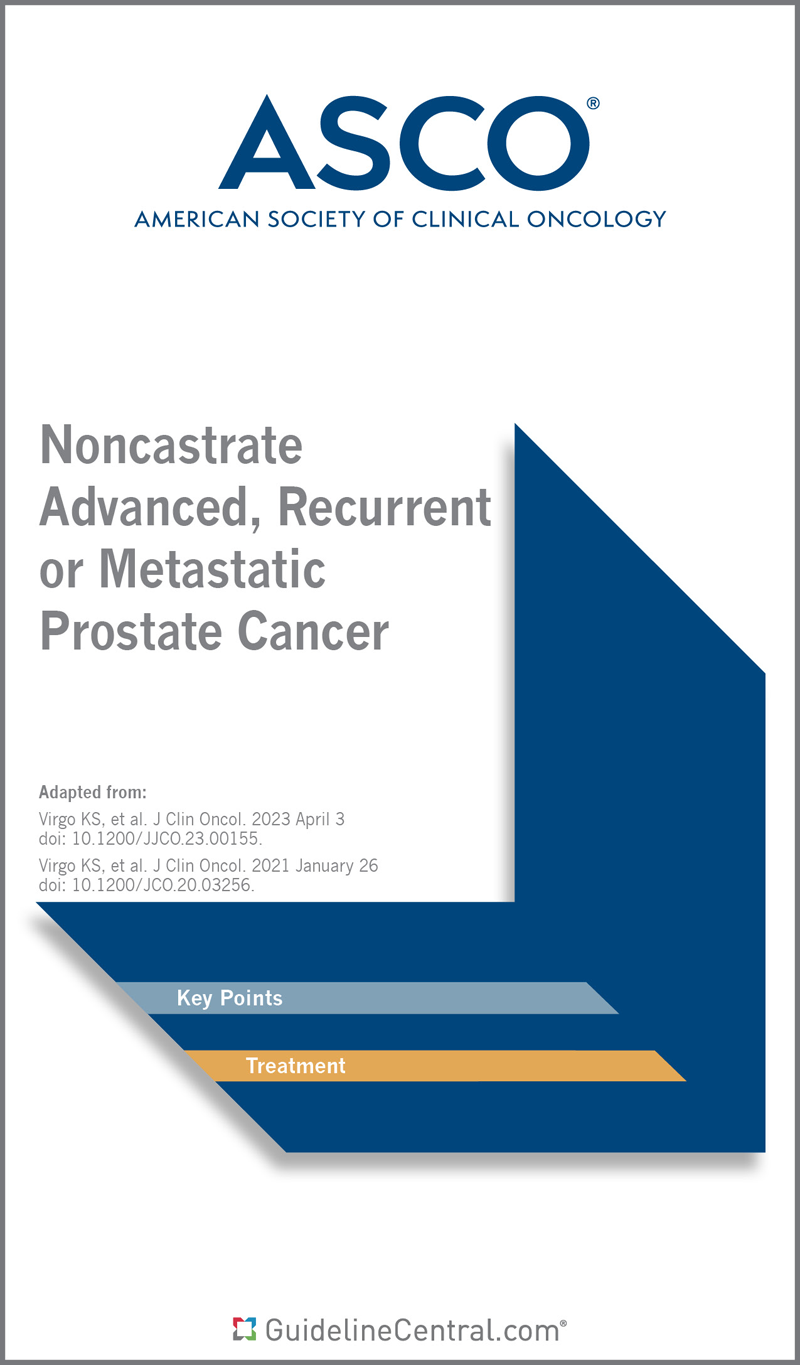
Initial Management of Noncastrate Advanced, Recurrent, or Metastatic Prostate Cancer
Last Updated: Apr 3, 2023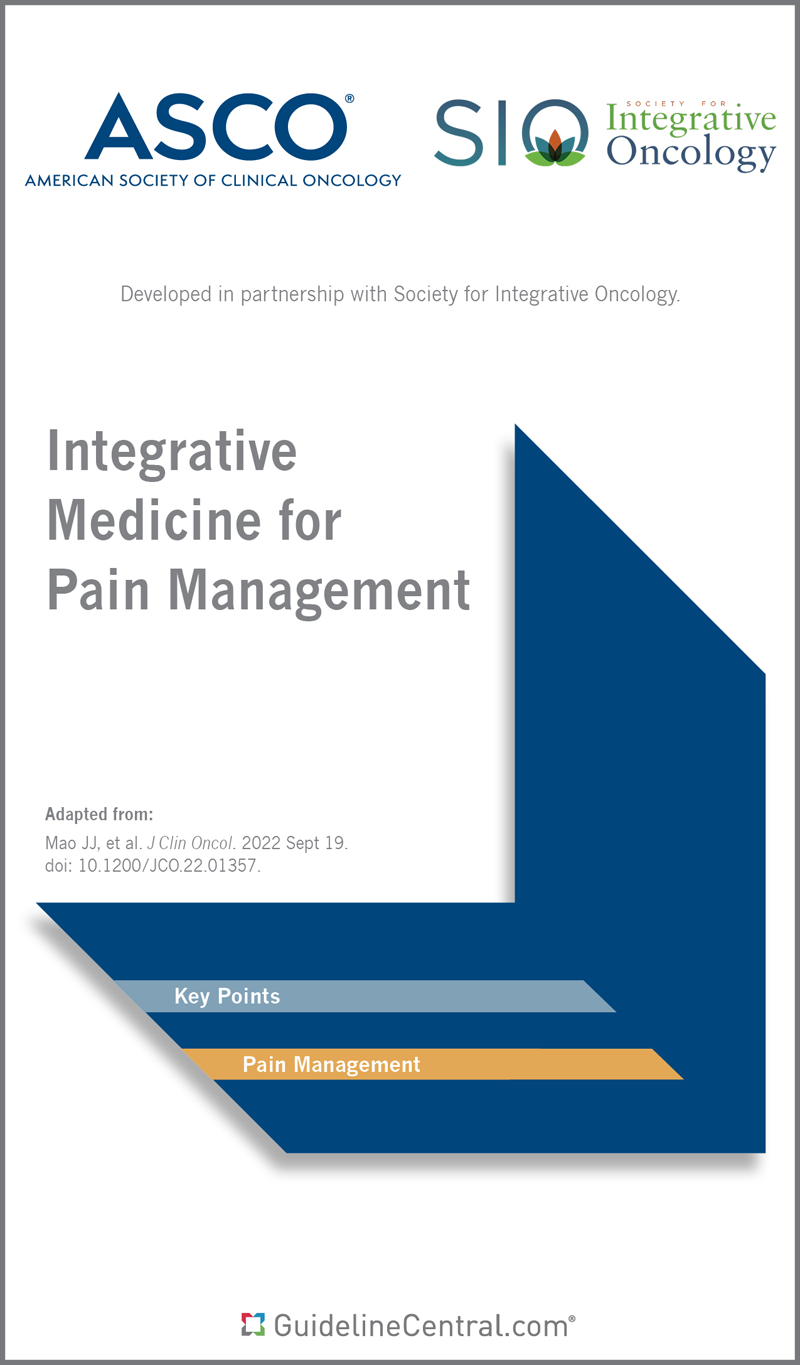
Integrative Medicine for Pain Management in Oncology
Last Updated: Sep 19, 2022